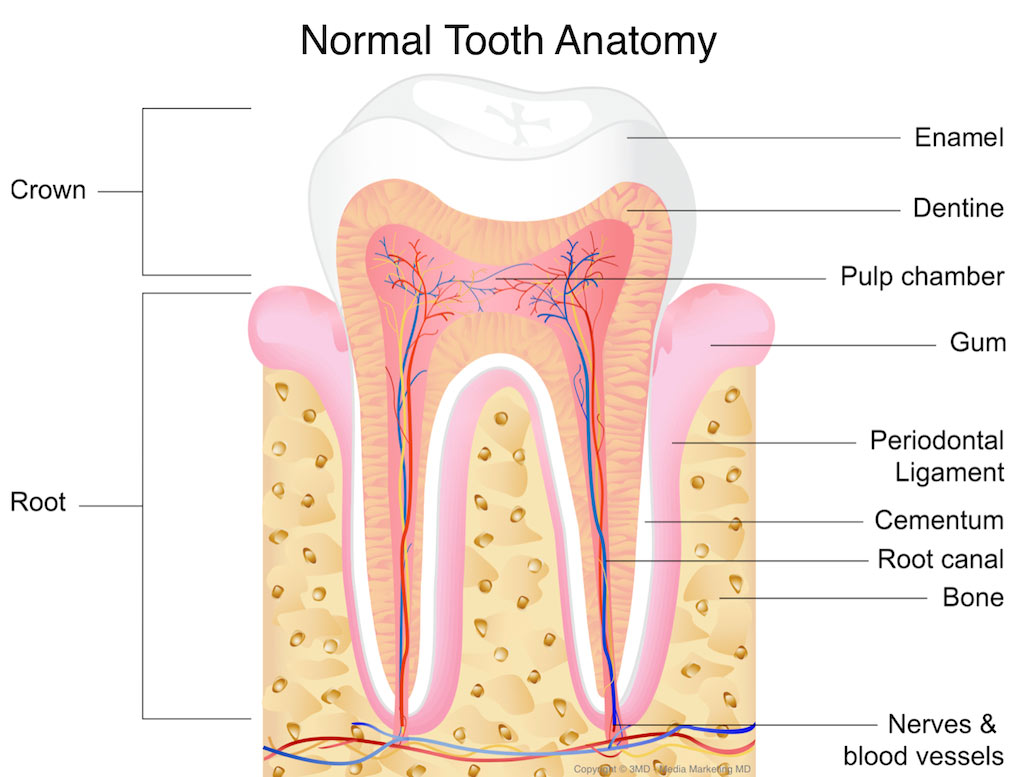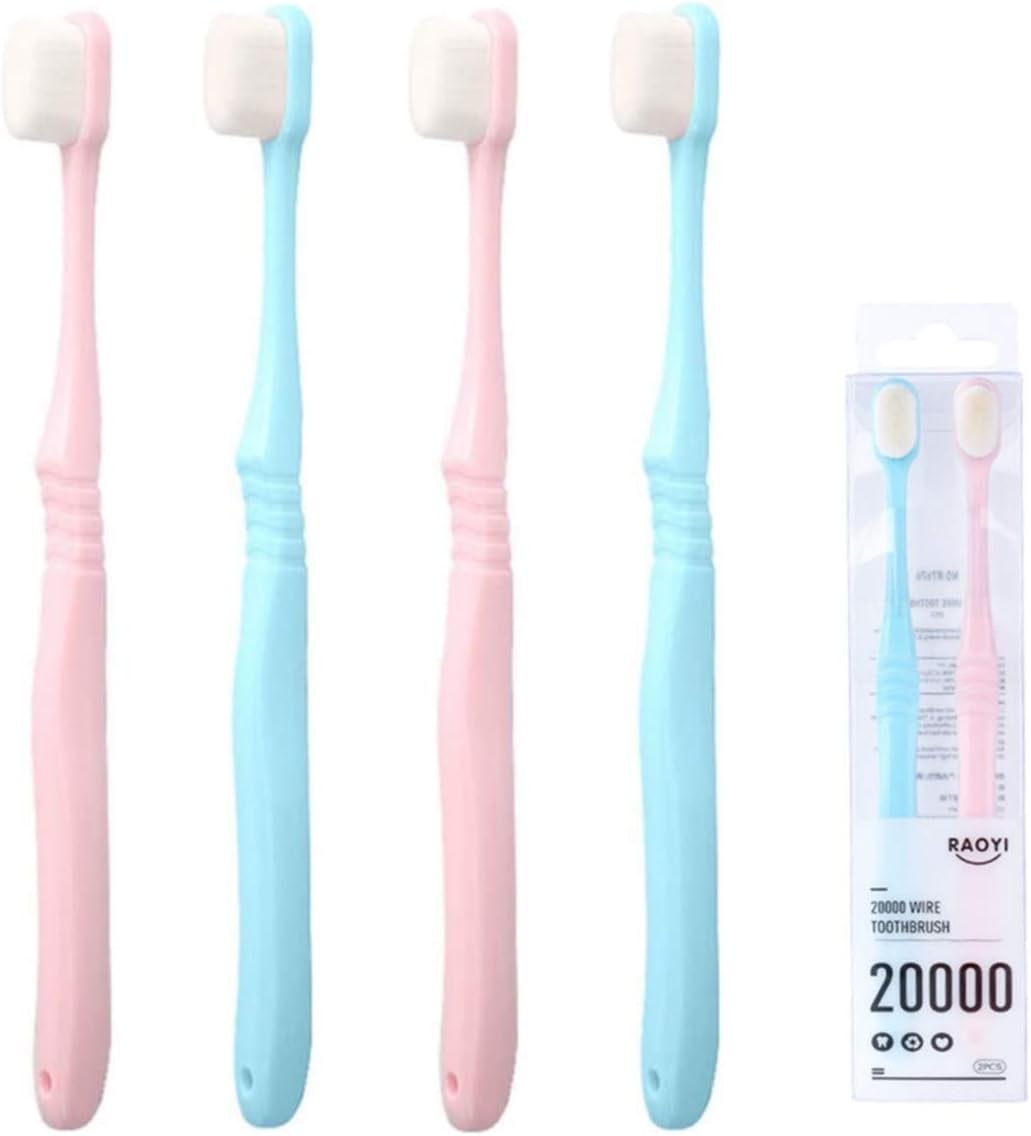Tooth Nerve Damage Repair Guide

Understanding tooth nerve damage is crucial for effective repair and treatment. The tooth’s nerve, also known as the pulp, plays a vital role in the tooth’s health and sensitivity. Damage to the nerve can be caused by various factors, including tooth decay, trauma, or infection. In this comprehensive guide, we will delve into the world of tooth nerve damage repair, exploring the causes, symptoms, diagnosis, and treatment options available.
Causes of Tooth Nerve Damage
Tooth nerve damage can occur due to several reasons. One of the most common causes is tooth decay, which can progress to the pulp if left untreated. Bacterial infection can also cause nerve damage, leading to inflammation and potentially painful symptoms. Trauma to the tooth, such as a crack or fracture, can also damage the nerve. Additionally, gum disease, tooth grinding, and clenching can put pressure on the tooth, causing nerve damage.
Symptoms of Tooth Nerve Damage
The symptoms of tooth nerve damage can vary in severity and may include:
- Tooth sensitivity: Sharp pain when consuming hot or cold foods and drinks
- Pain: Dull ache or sharp pain in the tooth or surrounding gums
- Discoloration: Darkening of the tooth due to nerve death
- Swelling: Inflammation of the gums and face
- Bad taste: Persistent bad taste in the mouth
Diagnosis of Tooth Nerve Damage
Diagnosing tooth nerve damage requires a thorough examination by a dentist. The diagnosis process may involve:
- Visual examination: The dentist will examine the tooth for signs of decay, cracks, or other damage.
- X-rays: Radiographs may be taken to detect any underlying problems, such as infection or abscesses.
- Sensitivity tests: The dentist may use a cotton swab or other instrument to test the tooth’s sensitivity to heat, cold, or pressure.
- Pulpal diagnosis: The dentist may use a pulpal diagnostic tool to assess the nerve’s vitality.
Treatment Options for Tooth Nerve Damage
The treatment for tooth nerve damage depends on the severity of the damage and the individual’s overall health. The following are some common treatment options:
- Root Canal Therapy: This is a common treatment for tooth nerve damage. The procedure involves removing the infected pulp, cleaning and shaping the root canal, and filling it with a special material.
- Pulpotomy: This treatment involves removing the damaged pulp and leaving the healthy portion intact.
- Apicoectomy: In this procedure, the dentist removes the tip of the root to prevent further infection.
- Tooth Extraction: In severe cases, the tooth may need to be extracted to prevent further complications.
Natural Remedies for Tooth Nerve Damage
While natural remedies should not replace professional dental care, some may help alleviate symptoms and promote healing. These include:
- Saltwater rinse: Rinsing with warm salt water can help reduce inflammation and kill bacteria.
- Cloves: Clove oil has natural anti-inflammatory and analgesic properties that can help alleviate pain.
- Turmeric: Curcumin, a compound found in turmeric, has anti-inflammatory and antioxidant properties that may help reduce pain and inflammation.
- Aloe vera: Aloe vera gel can help soothe and calm the tooth and surrounding gums.
Prevention of Tooth Nerve Damage
Preventing tooth nerve damage is crucial to maintaining good oral health. The following tips can help:
- Regular dental check-ups: Regular dental check-ups can help detect any underlying problems early on.
- Good oral hygiene: Brushing and flossing regularly can help prevent tooth decay and gum disease.
- Avoiding sugary and acidic foods: Consuming sugary and acidic foods can contribute to tooth decay and erosion.
- Using a mouthguard: Wearing a mouthguard can help protect the teeth from trauma during sports or other activities.
Frequently Asked Questions
What are the symptoms of tooth nerve damage?
+The symptoms of tooth nerve damage can include tooth sensitivity, pain, discoloration, swelling, and bad taste.
How is tooth nerve damage diagnosed?
+Diagnosing tooth nerve damage requires a thorough examination by a dentist, including visual examination, X-rays, sensitivity tests, and pulpal diagnosis.
What are the treatment options for tooth nerve damage?
+The treatment options for tooth nerve damage include root canal therapy, pulpotomy, apicoectomy, and tooth extraction.
Can natural remedies help with tooth nerve damage?
+While natural remedies should not replace professional dental care, some may help alleviate symptoms and promote healing, such as saltwater rinse, cloves, turmeric, and aloe vera.
How can I prevent tooth nerve damage?
+Preventing tooth nerve damage can be achieved by regular dental check-ups, good oral hygiene, avoiding sugary and acidic foods, and using a mouthguard.
In conclusion, tooth nerve damage can be a painful and debilitating condition. However, with the right treatment and prevention strategies, it is possible to alleviate symptoms and promote healing. If you are experiencing any symptoms of tooth nerve damage, it is essential to consult a dentist for proper diagnosis and treatment. Remember, prevention is key, and by maintaining good oral hygiene and regular dental check-ups, you can reduce the risk of tooth nerve damage and maintain a healthy, beautiful smile.
